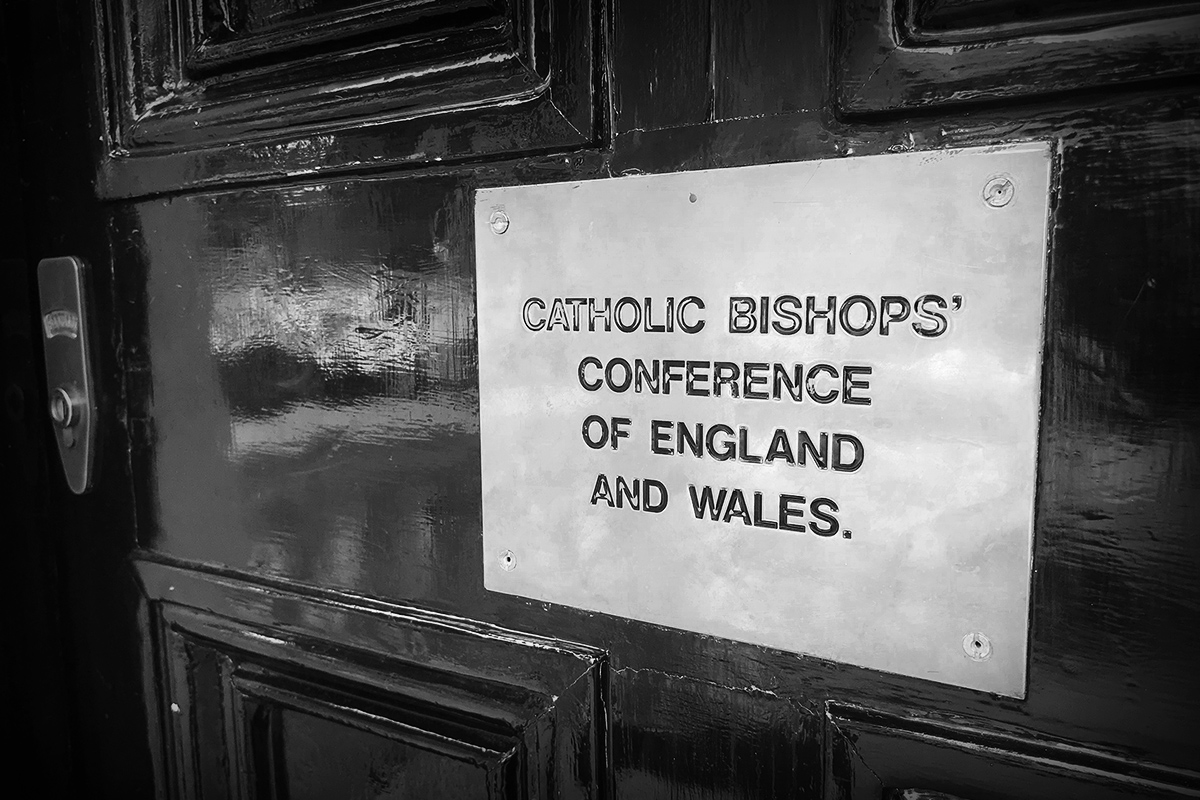
It is deeply disturbing that the Human Fertilisation and Embryology Bill will allow the creation of human animal hybrid embryos and cloned human embryos. To make matters worse the government is now proposing that this can happen without the consent of the person whose cells are used.
The creation of a human embryo is a deeply personal human action. To use someone’s gametes or cells to create a human embryo without their consent is an infringement of basic human rights. It is an affront to human dignity. It shows disregard for the consciences of people who may not want their cells to be used to create an embryo. It is appalling that scientists could take cells from vulnerable people who cannot consent and use them in this way.
There has been no public consultation on this question. Indeed even the House of Commons have not had an opportunity to debate this, so short was the time given to the third reading of the Bill.
People have not been given a chance to say what they think of scientists using their cells, their DNA, without being asked, to make human animal hybrids. When people find out that scientists are taking cells without asking to make admixed embryos they will rightly react. Who can trust scientists, if they can do this with your cells without asking you? This is neither ethical nor beneficial for science. It will harm public confidence in science and will thereby harm the progress of science.
I urge the House of Lords to reject Commons Amendment 92 and to restore to the law the strict requirement for effective consent before human or human admixed embryos are created.
Archbishop Peter Smith